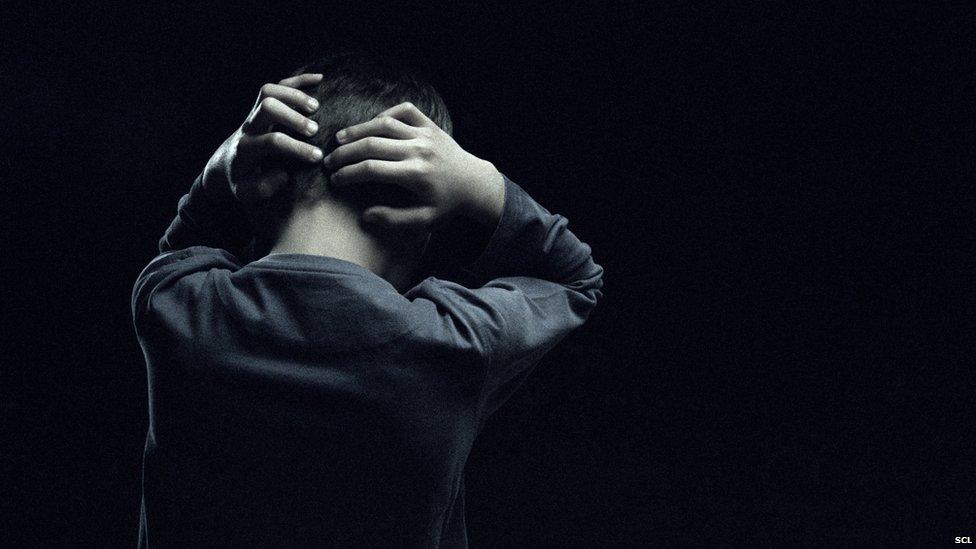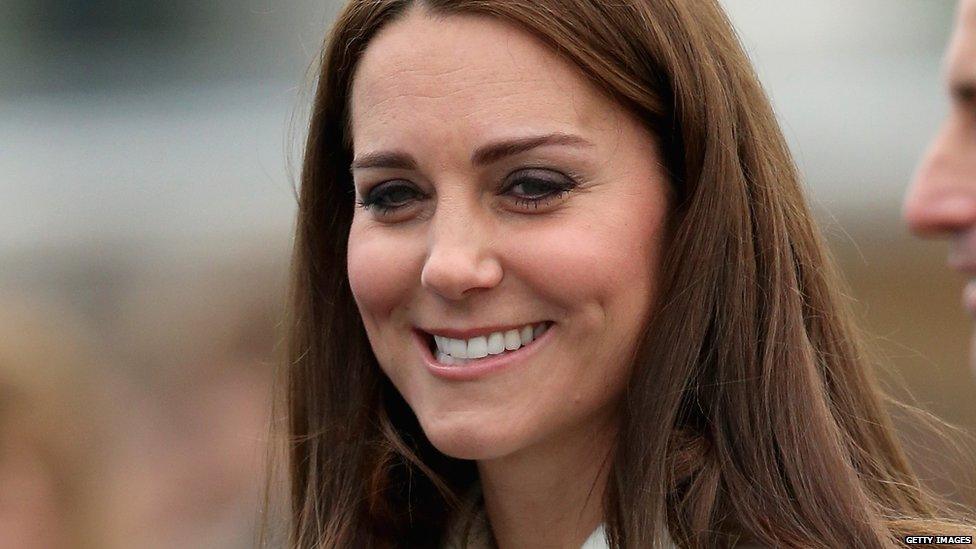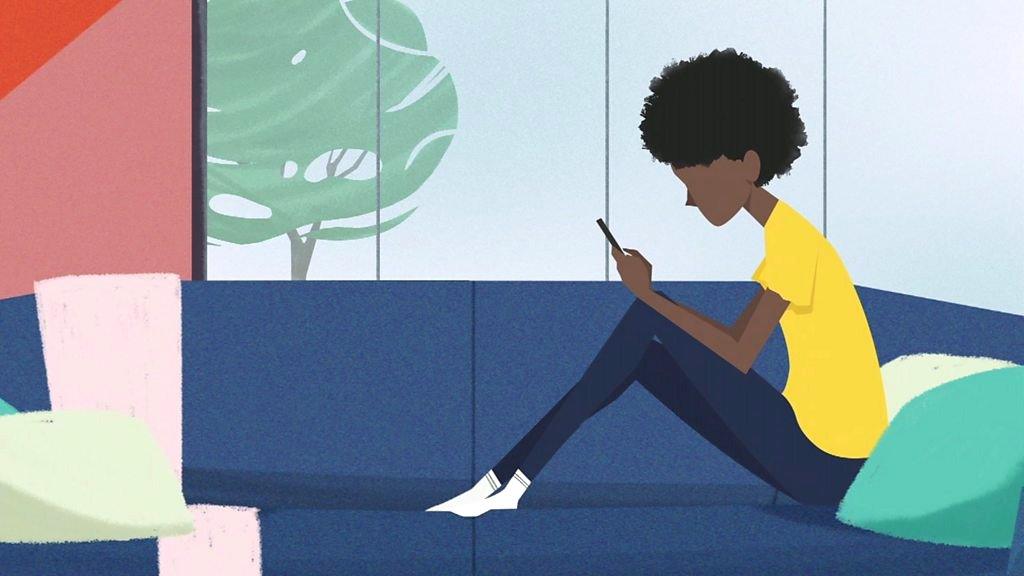Duchess wants to raise awareness of kids' mental health
- Published
The Duchess thinks kids' mental health needs to be taken seriously
The Duchess of Cambridge has recorded a special video message to raise awareness of children's mental health.
Kate is an ambassador for the children's charity Place2Be, and thinks more needs to be done to help kids with their mental health.
She says the "challenges facing children here in the UK can often feel overwhelming".
At the start of Children's Mental Health Week, the Duchess doesn't think all kids get the help they need.
She and the charity want people to talk more openly about their problems this week.
But what are people talking about when they talk about mental health?
What is mental health?
When people talk about mental health, they are talking about how people think and feel and how they are coping.
There are lots of different symptoms of mental health problems and lots of treatments.

It's perfectly normal to feel sad or worried from time to time
It's perfectly normal to sometimes feel sad, worried or both.
But when someone starts feeling that way for long periods of time, there could be a mental health problem.
Dr Simon Lewis is an expert of childrens' mental health.
He says, "Everyone has mental health, just like everyone has physical health: our bodies can get unwell, so can our minds. It's just as important to look after your body as it is to look after your feelings so that you can get the most out of life and enjoy yourself. Our mental health is affected by the things going on around us and also the way that we think about ourselves and other people,"
"Everyone is different and sometimes we are able to bounce back from the things making us feel bad but sometimes we develop more serious difficulties called mental health problems."
Expert Dr Simon Lewis spoke to Leah
If someone breaks a bone in their body, doctors can use an X-ray to look at the problem and work out what to do.
With mental health, it can be more difficult to tell exactly what is wrong. There are special doctors who work hard to find out what is wrong.
How do you treat mental health problems?
There are lots of different ways of treating mental health problems.
Different treatments work for different people - and sometimes more than one are needed to help.

Being outdoors can sometimes help people feel better
Talking about problems can help - with trained professionals but also with those around the person who is ill.
Dr Lewis says talking helps people to understand the problem and figure out different ways of coping.
"About three young people in every class have a mental health problem so it's more common than you might think. It's really important that we learn to talk more openly about our mental health and find ways to look out for each other,"
"Always listen to your feelings, don't be embarrassed or frightened about it, talk to someone you trust, perhaps a friend, a teacher or parent. Often just by talking to someone you trust it will help you to feel better but there might be times when it would be better to talk to a professional. There are doctors who are all there to help with mental health just like there are doctors for your physical health."
Medicine is sometimes used, but things like exercise, outdoor activities and even contact with animals can help too.
A 'stigma'

The Duchess of Cambridge wants mental health to be taken as seriously as physical health
Often people talk about a 'stigma' around mental health.
That means people sometimes feel afraid to talk about their mental health problems because they're worried about what people will think about them.
"Nobody is happy all of the time! But when difficult feelings are really really strong or go on for such a long time that they get in the way of your day-to-day life like going to school, going out with the family, sleeping or eating, that's when it's best to ask for help," says Dr Lewis.
The Duchess wants to use her message to raise more awareness of the issue, and for people to see mental health in the same way as they see physical health.
- Published29 August 2022

